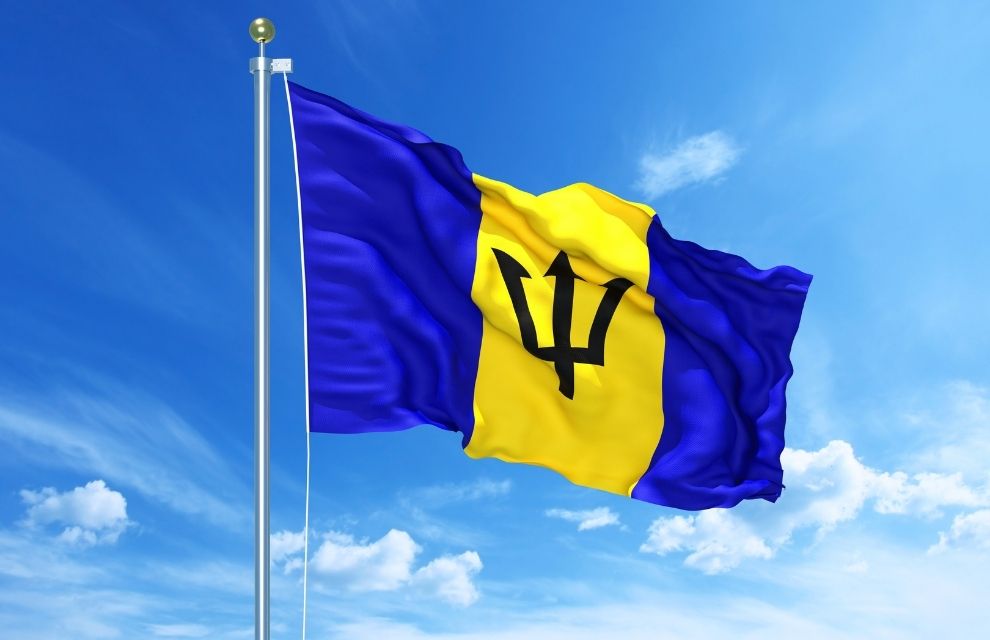For the next few years, there will be more captive formations in Barbados, as well as companies expanding their existing captives because they're impacted by the global increase in prices just like every other industry is just like every other country, according to Michael Serricchio, managing director of Marsh Captive Solutions. Speaking at the Barbados Risk and Insurance Management (BRIM) conference 2021, Serricchio says: “The fact that Barbados has such a strong captive presence is just a wonderful thing.” As of 2020, Barbados has a total of 279 active captives operating in the Caribbean country. Last year, Barbados licensed 16 new captives and had 13 closures. Ricardo Knight, senior vice-president of Marsh Captive Solutions and chair, marketing and communications committee at Barbados International Business Association (BIBA) explains that for many years, Barbados has been domicile of choice for the majority of Canadian captives, with most of the Canadian banks having their operations in the country. Knight says: “I do believe it can be argued that it is the largest independent sovereign jurisdiction because it is capable of negotiating treaties of other sovereign nations on its own accord.” He notes that Barbados has a treaty with Canada which still works well for Canadian clients, the regulatory environment and enabling business environment. Pat Ferguson, senior vice president at Marsh Captive Solution, also says that when you think about Barbados you think about Canadian companies setting up in Barbados. He notes: “We're seeing them across healthcare, manufacturing, retail, transportation, all over these industries there's an appetite to get a captive going and getting one going in and areas and domicile such as Barbados.” Popular inquiries On what sort of captive clients are looking at Ferguson explains that cyber has become a big issue. He suggests because of attacks happening around the world, they are seeing more clients looking at captive to find a way to ensure their cyber risks He explains: “With cyber, there are always going to be challenges and some of those challenges around how do we validate a premium for a cyber risk if this isn't a policy that's been purchased in the past, how do we quantify a loss, and when is an actual attack is deemed to have occurred.” “What we're finding is that using an account as part of an overall placement for cyber is becoming more and more prevalent in the marketplace,” Ferguson adds. In addition to cyber, Ferguson also notes employee benefits (EB). He explains: “In the past, maybe this was very US-focused but now we're seeing Canadian companies and companies from around the world looking at global employee benefits and putting a front end place and using their captive to backstop that front.” For Marsh, Serricchio notes at Marsh have different companies doing so many different lines of coverage, and one of those lines is pandemic. He explains: “Even before anybody knew what COVID-19 was, we had captives in Bermuda, Dublin, the US, Singapore and other places around the world thought-provoking about what a pandemic may do their business and for many years before the pandemic, they were writing pandemic insurance.” Serricchio explains that he thinks what is going to happen in Barbados and all the other large captive domiciles are going to be well positioned to write pandemic insurance for their companies. “To maintain or keep some of that risk but then also reinsurer some of that risk because there are not so many insurance carriers willing to do pandemic we're going to need the capacity of the reinsurance markets and a captive is just that perfect vehicle to do that,” he adds.


